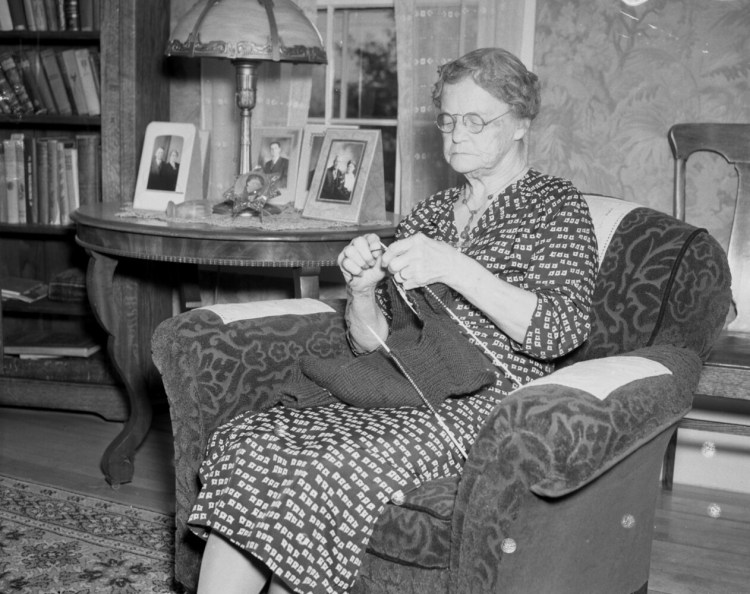It was a gray Sunday afternoon, Dec. 7, 1941. The air smelled of snow as I walked home from an afternoon of skating.
I still recall the click of mother’s needles as she knit Christmas mittens. As with every Sunday, Dad was listening to “The Shadow” on the radio.
As I entered the room, an announcer’s voice came over the radio: “The Japanese have attacked Pearl Harbor.”
War was a familiar word in my second-grade vocabulary. My parents and grandparents talked about Hitler, Germany, Nazis, Mussolini and the bombing of Great Britain.
I recall the tremor in adult voices when German troops marched into Austria, and even more vivid, for some reason, when Hitler invaded Poland. I knew allies meant friends, Axis were the enemy, and I remember the day I asked my mother what the Kennebec Journal wrote about if there was no war.
But I knew this cold Sunday afternoon was different from the war words I had been accustomed to hearing.
Within weeks, the young men had left our town as older men, women, and children stayed behind to take care of what we called “the home front.”
Lookout towers sprang up all over town, manned 24 hours a day on alert to report possible enemy aircraft. At night, towns were sealed in darkness. Air raid wardens in special helmets, carrying flashlights, assured not a speck of light shown as they watched over our town.
We learned to roll bandages, took Red Cross courses, and made camouflage nets on wheels out of materials previously used to make fishermen’s nets.
We saved newspapers and used cooking grease to be recycled, and planted Victory Gardens. We had ration books for food, and rarely had fresh meat.
Hearts stirred at hearing and singing “The Marines Hymn,” “The Star Spangled Banner,” and “God Bless America,” and at the sight of Old Glory. Letters, called V-Mail, were microfilmed to our boys “over there.”
Day and night I kept to myself the fear of what would happen if Axis powers attacked the United States. Early on, we learned not to complain and to do without.
History tells us World War II affected more people and caused more far-reaching changes than any war in history. I will always recall President Roosevelt’s voice when he said Dec. 7, 1941 “will live in infamy.”
We must not forget to remember. God bless America.
Evelyn A. Potter lives in Kents Hill.
Copy the Story LinkSend questions/comments to the editors.



Success. Please wait for the page to reload. If the page does not reload within 5 seconds, please refresh the page.
Enter your email and password to access comments.
Hi, to comment on stories you must . This profile is in addition to your subscription and website login.
Already have a commenting profile? .
Invalid username/password.
Please check your email to confirm and complete your registration.
Only subscribers are eligible to post comments. Please subscribe or login first for digital access. Here’s why.
Use the form below to reset your password. When you've submitted your account email, we will send an email with a reset code.